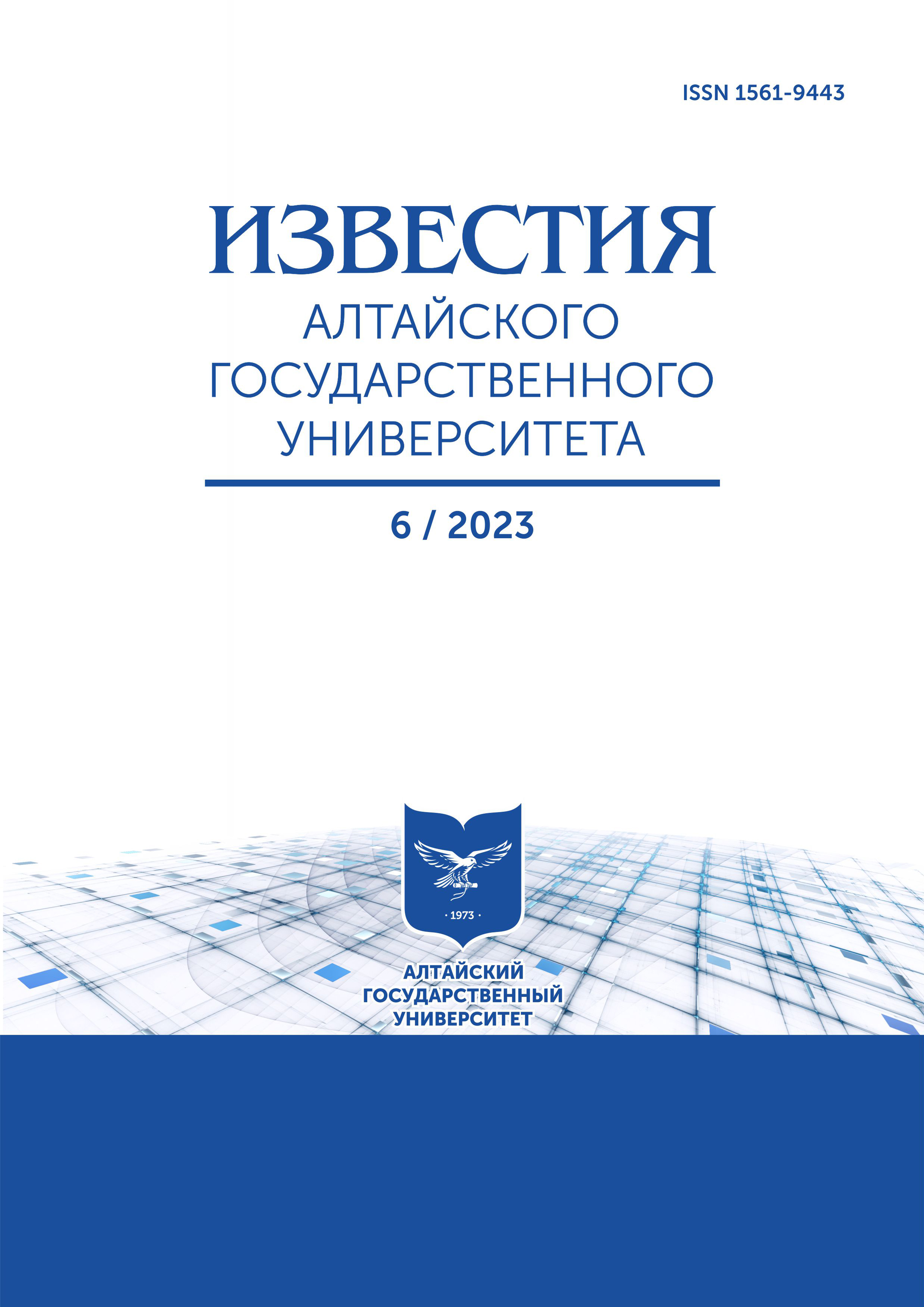Significance of the Methodological Principle "Space Thinking" in the Study of the History of the Eurasian Region States
УДК 94(4/5) ББК 63.3(051)
Abstract
The article aims to reveal the significance of the methodological principle "space thinking" in the study of socio-economic and state-political systems of the Eurasian region. It is proposed to consider "space thinking" as a methodological principle, which should be consistent with the study of all aspects of social life, including questions of the typology of cultures and civilizations. It is noted that the opposite of objective scientific knowledge of social phenomena is ideologized thinking, an example of which is the comparison and evaluation of different cultures and civilizations without taking into account the peculiarities of the architectonics of their spatial organization. The essential difference between the two types of states — colonial empires and territorial powers is pointed out. The ideological myth about Russia as a "Prison of Nations" is criticized. Differences in the ideological and ideological foundations of the emergence and existence of colonial empires and territorial powers are substantiated. It is noted that achieving the goal of establishing interstate, interfaith and social peace in the Eurasian region is possible in the form of a dialogue of different cultures and civilizations based on the common goal of preserving traditional values and institutions.
Downloads
Metrics
References
Миллер А.И. Политика памяти в посткоммунистической Европе и ее воздействие на европейскую культуру памяти // ПОЛИТИЯ, 2016. №1 (80).
Лотман Ю.М. История и типология русской культуры. СПб., 2002.
Данилевский Н.Я. Россия и Европа. М., 2008.
Гадамер Г. Истина и метод. Основы философской герменевтики. М., 1988.
Замятин Д.Н. Гуманитарная география: пространство, воображение, и взаимодействие современных гуманитарных наук // Социологическое обозрение. 2010. Т. 9, № 3.
Цымбурский В.Л Геополитика как мировидение и род занятий // Полис. 1999. № 4.
Делез Ж., Гваттари Ф. Что такое философия? М., 2009.
Леви-Стросс К. Структурная антропология. М., 1985.
Карамзин Н.М. Записка о древней и новой России в ее политическом и гражданском отношениях. М., 1991.
Филин Ф.П. Очерки теории языкознания. М., 1982.
Ашкеров А.Ю. Социальная антропология. М., 2005.
Права человека: учебник для вузов. М., 2003.
Французская колониальная империя // Большая российская энциклопедия. URL: https://old.bigenc.ru/world_history/text/5911590.
Ключевский В.О. Русская история. Полный курс лекций : в 3-х кн. Кн. 2. М., 1993.
Бердяев Н.Философская истина и интеллигентская правда // Вехи: сборник статей о русской интеллигенции. М., 1909.
Федотов Г.П. Судьба империй. Нью-Йорк, 1952.
Маккиндер Х. Географическая ось истории // Политология: хрестоматия. М., 2000. 18. Бердяев Н. Судьба России : сочинения. М., 1998.
Трубецкой Н.С. Общеевразийский национализм // Россия между Европой и Азией: антология. М., 1993.
Мартин Т. Империя «положительной деятельности». Нации и национализм в СССР. 1923-1939. М., 2011.
Давидсон А.Б. Сесиль Родс и его время. М., 1984. URL: https://www.rulit.me/books/sesil-rods-i-ego-vremya-read-359158-97.html.
Василенко И.А. Геополитика современного мира. М., 2015.
Зеньковский В.В. Русские мыслители и Европа. М., 1997.
Леви-Стросс К. Путь масок. М. 2000.
Copyright (c) 2023 Жамаладен Ибрагимович Ибрагимов , Юрий Александрович Зеленин , Рафаил Валейзянович Насыров

This work is licensed under a Creative Commons Attribution 4.0 International License.
Izvestiya of Altai State University is a golden publisher, as we allow self-archiving, but most importantly we are fully transparent about your rights.
Authors may present and discuss their findings ahead of publication: at biological or scientific conferences, on preprint servers, in public databases, and in blogs, wikis, tweets, and other informal communication channels.
Izvestiya of Altai State University allows authors to deposit manuscripts (currently under review or those for intended submission to Izvestiya of Altai State University) in non-commercial, pre-print servers such as ArXiv.
Authors who publish with this journal agree to the following terms:
- Authors retain copyright and grant the journal right of first publication with the work simultaneously licensed under a Creative Commons Attribution License (CC BY 4.0) that allows others to share the work with an acknowledgement of the work's authorship and initial publication in this journal.
- Authors are able to enter into separate, additional contractual arrangements for the non-exclusive distribution of the journal's published version of the work (e.g., post it to an institutional repository or publish it in a book), with an acknowledgement of its initial publication in this journal.
- Authors are permitted and encouraged to post their work online (e.g., in institutional repositories or on their website) prior to and during the submission process, as it can lead to productive exchanges, as well as earlier and greater citation of published work (See The Effect of Open Access).








